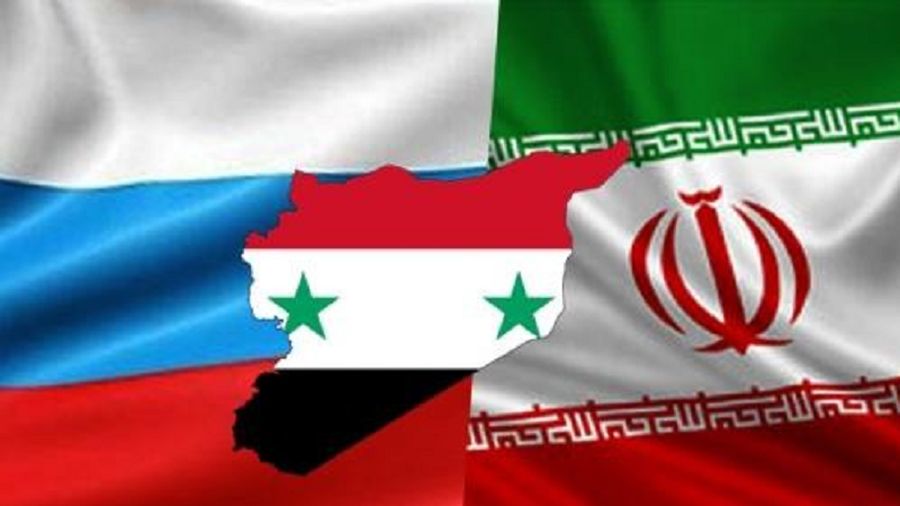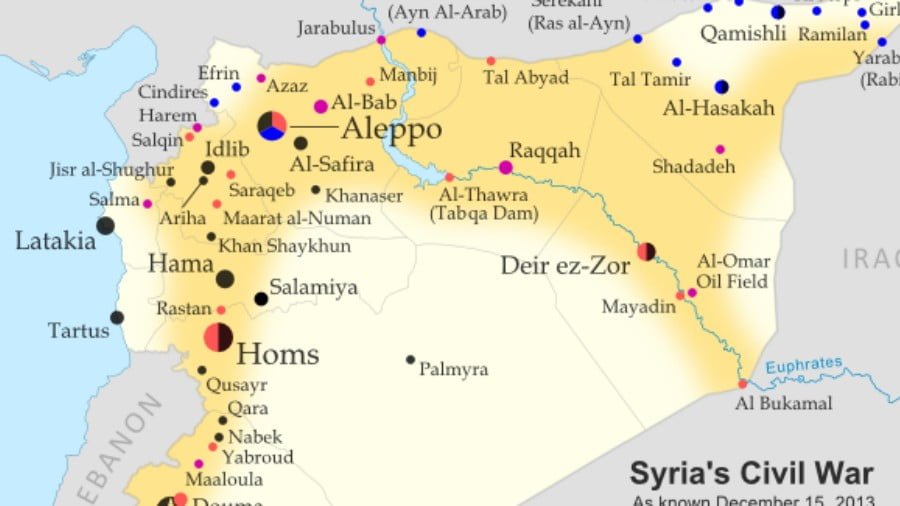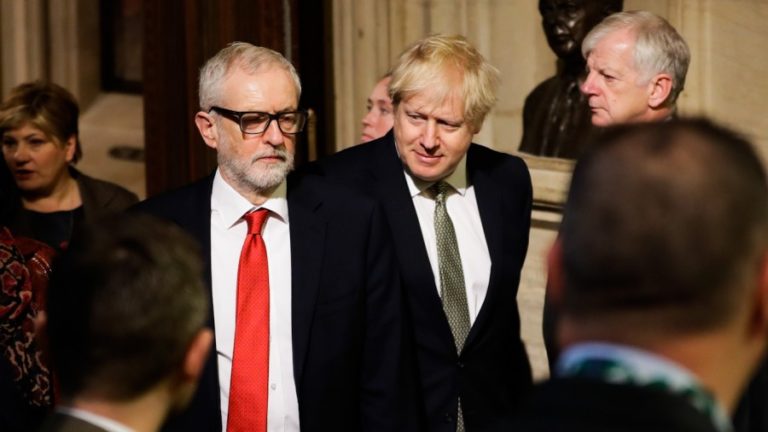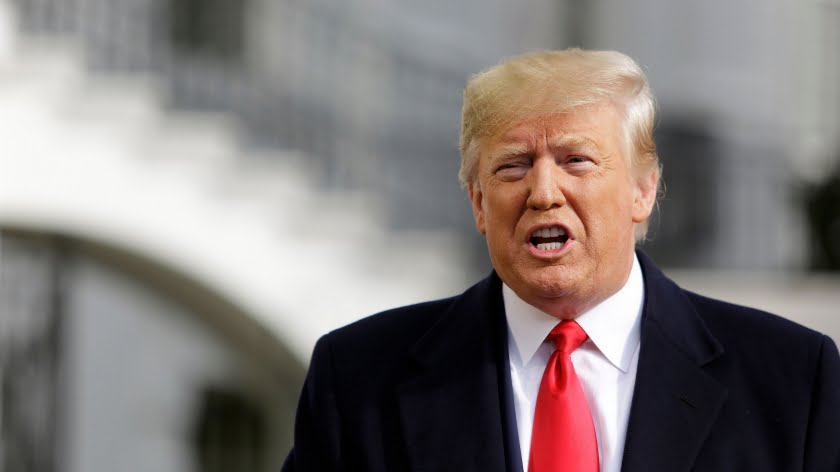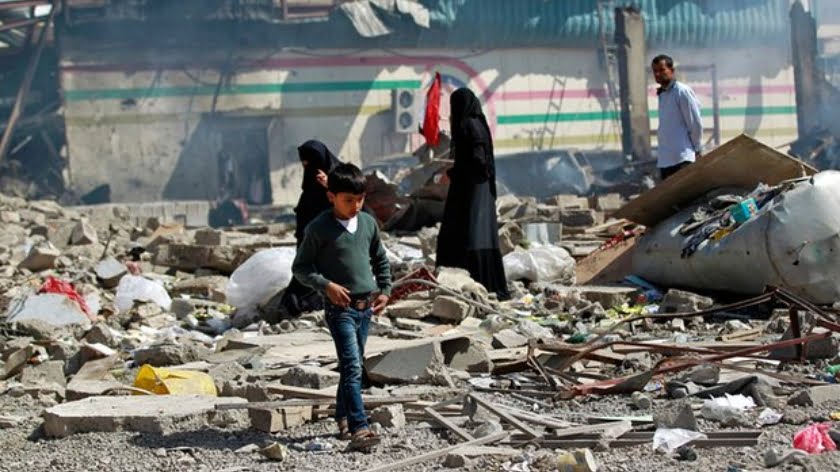Will Russia’s ‘Energy Diplomacy’ in Syria Lead to Iran’s Withdrawal?
From the looks of it, the plan is for the West to waive select sanctions against Syria with regards to its facilitation of energy exports to Lebanon via the Arab Gas Pipeline in exchange for Damascus requesting Tehran’s dignified but phased withdrawal from the country.
Axios cited two unnamed “Israeli” officials last week when reporting that Russia is allegedly asking its de facto ally to organize another trilateral summit on Syria with the US. According to the outlet, Russia wants to explore the possibility of a sanctions waiver for Syria that would allow the Arab Republic to facilitate the shipment of oil and gas to its energy-starved Lebanese neighbor. The US, meanwhile, is still interested in seeking Iran’s military withdrawal from the war-torn country. Its Middle East coordinator Brett McGurk reportedly discussed their removal from at least the areas adjacent to the “Israeli”-occupied Golan Heights when he met with Russian Deputy Foreign Minister Sergey Vershinin and with Russian Special Presidential Envoy to Syria Alexander Lavrentiev in Geneva in mid-September.
The emerging scenario is one wherein Russia’s “energy diplomacy” in Syria might lead to Iran’s withdrawal from that country, even if only partially for the time being in preparation for a full departure in the coming future. The logic behind this possibility is that the West is so concerned about Iran’s recent dispatch of fuel to Lebanon that it might be willing to relieve its unilateral sanctions pressure on Syria at least with regards to it facilitating energy exports to that neighboring country through the Arab Gas Pipeline in exchange for Damascus discretely requesting Tehran’s dignified but phased withdrawal from the country. The fulfillment of the latter could be encouraged by further sanctions relief for each phase or as a reward for its final completion. This might not be as speculative as some initially suspect at first glance either owing to an intriguing sequence of events.
The “Israeli” Foreign Minister visited Moscow several days prior to Axios’ report, which was almost immediately followed by Syrian President Assad’s surprise trip to the Russian capital to meet with his counterpart. A few days later, Iran was allowed to join the Shanghai Cooperation Organization (SCO) as a full member, shortly after which US President Joe Biden said during his address at the UN General Assembly that his country is “prepared to return to full compliance (with the JCPOA) if Iran does the same.” A couple days after that, the Syrian Foreign Minister met with his Jordanian counterpart at the UN, which is significant since Jordan is the transit state through which the Arab Gas Pipeline passes en route to Syria and then Lebanon. With this chain of events in mind, everything begins to become a bit clearer.
It certainly appears to be the case that Russia is attempting to mediate a major deal in West Asia. From the looks of it, the plan is for the West to waive select sanctions against Syria with regards to its facilitation of energy exports to Lebanon via the Arab Gas Pipeline in exchange for Damascus requesting Tehran’s dignified but phased withdrawal from the country. This could be done under the “face-saving” pretext that the primary anti-terrorist phase of the conflict within which Syria invited Iran to participate on its side is mostly over so its forces’ presence is no longer needed. As for Iran, it wouldn’t be withdrawing without receiving something else in exchange either, which is its full membership in the SCO and the possibility of the US returning to full compliance with the JCPOA if the Islamic Republic’s new government decides to do the same.
I’ve been writing about this general scenario for quite a while already and would therefore like to refer intrepid readers to my prior works so that they follow its evolution. These are my four most recent pieces:
* 7 February 2021: “Syria Should Talk With The US Since Its Iranian & Russian Allies Are Already Doing So”
* 8 February 2021: “Balancing Regional Interests In Syria Is The Only Way Reach A Compromise Solution”
* 26 February 2021: “Why Isn’t Alt-Media Asking About The S-300s After Biden’s Latest Strike In Syria?”
(This analysis hyperlinks to 13 other pertinent pieces from May 2018 up until that date)
* 17 March 2021: “Should Iran Be Worried About Russia’s Coordination With ‘Israel’ & The US In Syria?”
My assessment essentially contradicts the dogma that’s aggressively imposed by the Alt-Media Community‘s gatekeepers who arrogantly assert that Iran will never withdraw from Syria, let alone due to Russia’s mediation.
The reality is that this scenario is a lot more probable than those polemicists (seeing as how most aren’t journalists and the vast majority certainly don’t qualify to be called analysts regardless of how they self-describe) claim. Turkish President Erdogan might even discuss some of this with his Russian counterpart when he travels to Moscow on Wednesday seeing as how President Putin’s spokesman confirmed that “Syria will top the agenda”. Interestingly, the Turkish leader also recently called on the US to withdraw from Syria so it’s possible that an even larger deal is being considered than just Iran’s withdrawal in exchange for partial sanctions relief on Damascus. Turkey and the US might symmetrically withdraw in parallel with Iran if Syria makes certain political compromises, though it’s unclear whether Damascus will find their demands acceptable.
In any case, even Iran’s dignified but phased withdrawal from Syria would be a major move in and of itself, especially if it’s accompanied by partial sanctions relief on the Arab Republic. It must be stressed, however, that a lot might still happen in order to offset this scenario so observers shouldn’t interpret this analysis as confidently declaring that this outcome will indeed happen, but simply as drawing attention to the sequence of potentially connected events which suggest that this is presently being discussed behind closed doors. The primary stakeholders in this conflict are exhausted after over a decade of warfare waged to varying extents by each as well as the ongoing “World War C” so now’s the ideal time for them to reach a series of deals for moving everything towards a political solution so long as they all have the will to do what’s needed.

